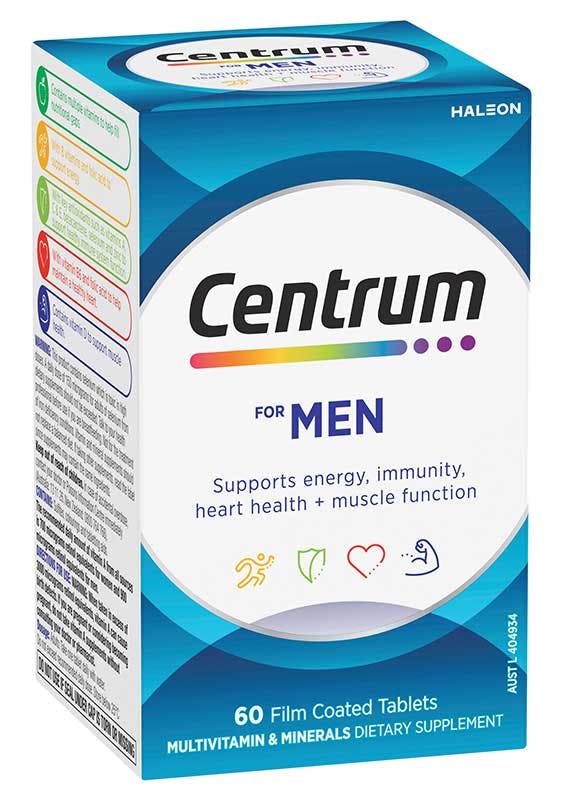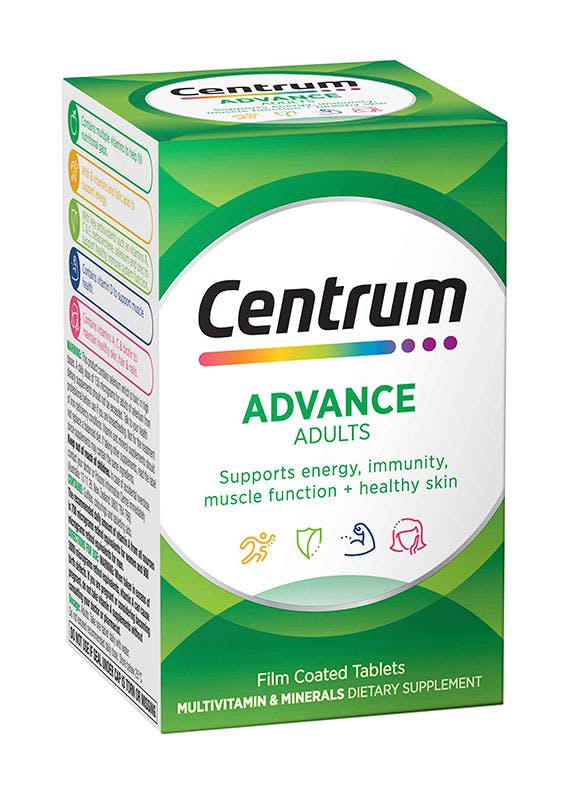How Do Vitamins Work?
Contributed by Dr. Jeffrey Blumberg
Whether it's supporting healthy eyesight or helping us maintain our skin health,2 vitamins assist us with the physiological processes that make life possible. Think of them as a full-time construction or maintenance crew that can help us to work, grow, and develop.

Ideally, we get vitamins from the foods we eat.2 In the body, proteins, carbohydrates, and fats combine chemically with other substances to provide energy and build body tissue. Enzymes produced from specific vitamins, initiate or accelerate these chemical reactions.3,4 For example, the B-group vitamins help with the formation of active enzymes that help transfer energy from the food we ingest to the body.3
Water vs Fat Soluble
Each vitamin has a different job to do, but they also work as part of a team regulating the various biological processes within our bodies.5,6 How vitamins are used and processed by the body depends on their chemical makeup. Vitamins fall into two categories:
Water soluble
Fat Soluble
Vitamin C and the B-group vitamins
Vitamins A, D, E, and K
Water-soluble vitamins are absorbed by the intestine and carried by our blood to specific body tissues where they are needed, but they are lost through sweat and urine. Consequently, they must be replenished more often.
Fat soluble vitamins on the other hand, can remain in the body longer. Vitamins A and D get stored in the liver while vitamin E is stored in body fat.7,8
What Is the Purpose of Each Vitamin and Mineral?
In total, there are 13 vitamins we all need to grow and function on a daily basis. Here is a brief summary for some of the tasks these “essentials” are responsible for within our body.7,8
Vitamin
Purpose
Vitamin A
Helps form and maintains healthy teeth, bones, soft tissue, mucous membranes, and skin.7
Vitamin B6
Helps break down proteins, helps maintain normal nerve function and form red blood cells.8
Vitamin B12
Important for metabolism. It also helps form red blood cells and maintains the central nervous system.8
Vitamin C
Maintains the health of teeth and gums as well as wound healing.8
Vitamin D
Helps the body absorb calcium, which is important for healthy teeth and bones. It also helps maintain proper blood levels of calcium and phosphorus.7
Vitamin E
An antioxidant that also plays a role in the formation of red blood cells.7
Vitamin K
Required for normal coagulation of the blood.7
Biotin
Essential for the metabolism of proteins and carbohydrates, and in the production of hormones and cholesterol.8
Niacin
Helps maintain healthy skin and nerves.8
Folate
Works with vitamin B12 to help form red blood cells. It is also necessary for the production of DNA.8
Pantothenic acid (B5)
Essential for the metabolism of food. It also plays a role in the production of hormones and cholesterol.8
Riboflavin (Vitamin B2)
Works with the other B vitamins. It is important for body growth and the production of red blood cells.8
Thiamine (Vitamin B1)
Helps the body’s cells change carbohydrates into energy. It is also important for heart function and healthy nerve cells.8
When to Take a Multivitamin
While dietary supplements should never be a substitute for a healthy diet, a typical multivitamin supplement with minerals can help to make up shortfalls between recommended dietary intake of nutrients and the usual amounts most of us get in our daily lives.
If you’re not sure whether you’re getting all the essential vitamins you need every day from your diet, consult with a healthcare professional and consider the added benefits of taking a daily multivitamin.







